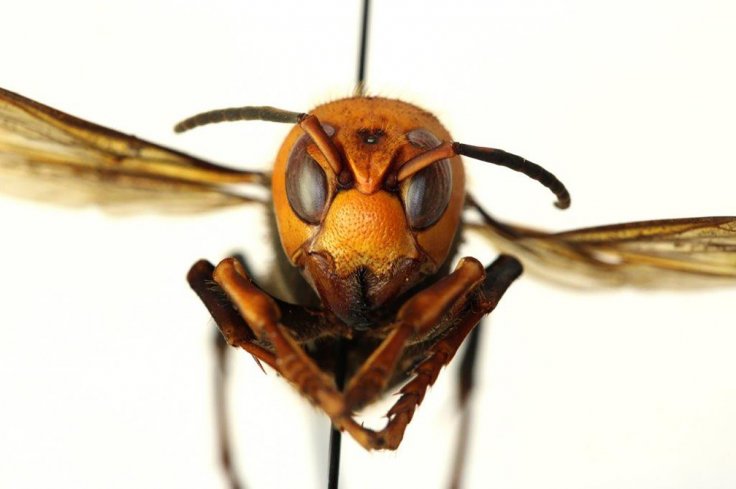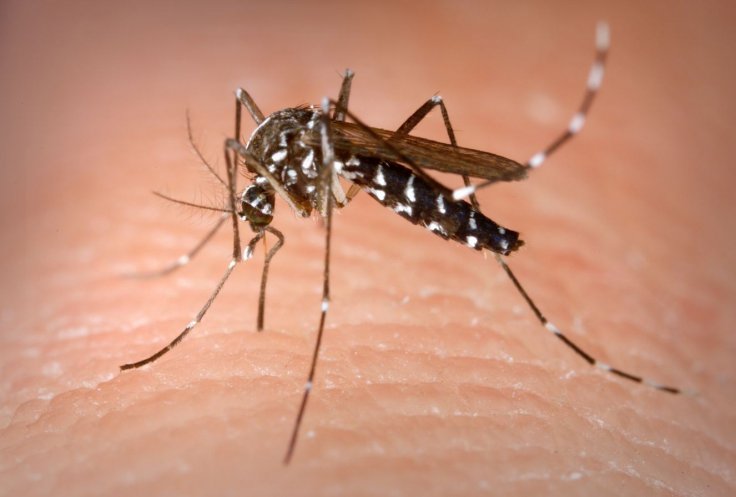Murder hornets have made headlines as a next dangerous thing to coronavirus. They are indeed dangerous, but not so much to humans, but for honey bees. Experts have told that it's only media hype. Asian giant hornets were recently found in the Washington State of the US. Experts say that these hornets are not many human killers, such killings are a rarity. Being the world's largest hornets, they decapitate entire beehives that act as food pollinator.
By saying "They are not 'murder hornets.' They are just hornets," entomologist Chris Looney from Washington Agriculture Department, has got rid of the fearful name itself. He works with the state's search for large hornets, reported Associated Press.
Facts

Last December, two dead hornets were found in Washington and a single Canadian live nest was found and was also wiped out in last September. No living hornets were witnessed this year, according to experts. Looney told that the hornets were not "coming to get" us. The number of people hospitalized for hornet sting is very small, he said in an interview. However, the two-inch-long hornet does carry the strong toxin.
Turbocharged media hype
It is almost 99 percent media hype and "frankly I'm getting tired of it," said Doug Tallamy, an entomologist at the University of Delaware, while another expert called the media hype as "turbocharged." Keith Delaplane, an expert from the University of Georgia said that if a dozen hornets sting someone they would be 'OK', while its 100, then "not so much" OK.
Mosquitoes, real murderers

Entomologist May Berenbaum from the University of Illinois said that people were getting afraid of the "wrong thing," while adding that the scariest insects were mosquitoes. "If anyone's a murder insect, it would be a mosquito," she said.
Millions of deaths are recorder globally due to malaria, dengue fever and diseases caused by mosquitoes, according to WHO. But Asian giant hornets kill only a few dozen people per year. CDC data says that hornet, wasp and bee stings kill about 62 people per year in the US on average.
People in countries such as Japan, Korea and China have co-existed with this hornet for thousands of years, said Doug Yanega who is a senior scientist at the University of California Riverside Entomology Research Museum.
American bees may be in danger
These Asian hornets would kill worker bees of the US while most of the beehive dies. But Asian honeybees have developed defence as they start buzzing which raises the temperature while cooking off the hornet to death. In the case of US honeybees, there's no such defence.
These hornets are giving a scary feeling because the people are already scared by the novel coronavirus which has activated the "innate fight-or-flight mechanisms" among people, said risk expert David Ropeik who authored "How Risky Is It, Really?"









